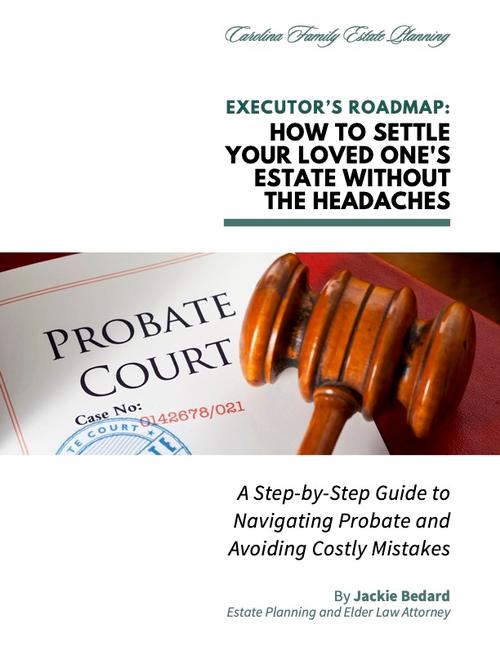Studies have shown that approximately 55-60% of adults die without a Will. But what if you believe your loved one had a Will or Trust, but no one has been able to locate it?
First, know what you are looking for. Wills and Trusts can come in different formats and storage methods. It could be simply several pieces of paper stapled together; the pages could be held together with some sort of cover or binding; or the documents may be stored within a 3-ring Estate Planning Portfolio binder or similar.
Second, if there is a Will, you are ideally looking for the original Will rather than a photocopy. While there are additional legal procedures that can be followed to Probate a copy of a Will, it will be significantly easier, and it will reduce the likelihood of an Estate dispute if you can locate the original document.
Here are some common places to look:
- Your loved one’s home:
- Home safe or fireproof box;
- Filing cabinet or place where other important documents are stored, such as birth certificates, social security cards, insurance policies, and similar;
- If they have moved since the time the Will was executed, it may still be packed away in a moving box;
- The office of the lawyer who drafted the Will;
- Your loved one’s safe deposit box at the bank (a special process may be required to open and inventory the safe deposit box);
- The Clerk of Court’s office—although rarely used, a person can file their Will with the Clerk’s office during their lifetime;
- A safe at your loved one’s place of business;
- With the Executor or Trustee named within the document or
- With a bank or trust company if the bank or trust company has been designated to serve as Executor or Trustee.
Suppose you have exhausted the above options and inquired with family members. In that case, it may be appropriate to proceed with the process of probating a photocopy of a Will (if a photocopy was located) or concluding that there is no Will and proceeding as an Intestate Estate—that is, an Estate where there is no Will. The North Carolina General Statutes provide specific instructions regarding how an Intestate Estate will be distributed to Heirs.



